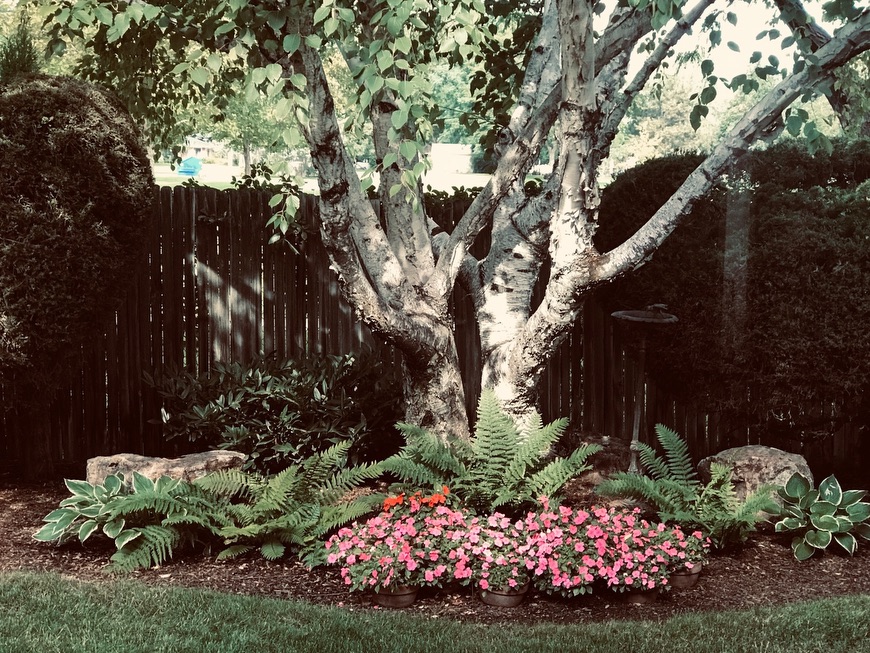“May Your kingdom come, may Your will be done, on earth as it is in Heaven” (Matthew 6:10).
In a short story entitled “Greenleaf” Flannery O’Connor writes of a prim and proper, southern lady, Mrs. Mays, her ignorant handyman, Mr. Greenleaf, and his “oddball” wife, Mrs. Greenleaf.
Mrs. Greenleaf, described as a “large and loose” person, was the kind of woman Mrs. Mays despised. Especially infuriating was Mrs. Greenleaf’s preoccupation with “prayer healing”: “Every day she cut all the morbid stories out of the newspaper—the accounts of women who have been raped and criminals who had escaped and children who had been burned, and of train wrecks and plane crashes and the divorces of movie stars.”
Then she would take these fragments into the woods behind the house, fall on the ground at the foot of a tree and weep over them. “Jesus, Jesus, Jesus,” she would cry. Then she would dig a hole in the ground and bury every scrap of misery under the tree.
I think of the weary tales I read each day of wrongdoing and wretchedness: The tragic confusion in Afghanistan and on the Southern Border; the rising death toll from the Delta variant; the widespread brutality and violence in the city; the factional and fractured churches; the stories of broken promises and broken homes; the pictures of sad–faced little children and other victims of hunger, cruelty and neglect. The reports overwhelm ne. What can I do in my little sphere of influence to bring salvation to the world?
The best I can do for the whole world is the best I can do for my own small part of it. I cannot save the world—that’s a job for God—but I can have compassion on my neighbor and alleviate his suffering insofar as I can.
As for the rest of the world, I can see and hear the misery that lies at the heart of it, and I can bury it at the foot of the “tree,” where the worst of life’s sorrow and suffering fell upon Jesus.
And I can leave it there—for His healing.
David Roper
8.28.21

